Our next member’s meeting will be via Zoom at 7:00pm on Oct 24. Nina Newington will be our guest speaker.
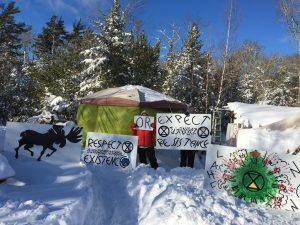 The Last Hope camp was a protest camp established on a logging road in Annapolis County on 2nd December, 2021. The goal was to protect a 24ha forest. By the time we finally packed up and went home on 22 June, 2022, enough occurrences of Species At Risk lichens had been documented to put 60% of the forest off limits for cutting and make the remainder hard to access and uneconomical to cut. Nina will focus in particular on the crucial role that naturalists, notably lichenologists, played in protecting the forest.
The Last Hope camp was a protest camp established on a logging road in Annapolis County on 2nd December, 2021. The goal was to protect a 24ha forest. By the time we finally packed up and went home on 22 June, 2022, enough occurrences of Species At Risk lichens had been documented to put 60% of the forest off limits for cutting and make the remainder hard to access and uneconomical to cut. Nina will focus in particular on the crucial role that naturalists, notably lichenologists, played in protecting the forest.
As the climate and nature crises barrel down on us, and as governments continue to pledge action but permit business as usual, those who recognize the urgency of the situation must join forces. Activists willing to get in the way of what damages the earth need people whose love of nature takes the form of observing and learning about very specific life forms, and vice versa. The provincial government’s commitment to protecting 20% of Nova Scotia’s land and waters by 2030 is a starting point. By working together, we can identify and protect ecologically valuable forests before they are logged, not after as seems to be the current plan.
The talk will be accompanied by photographs and a 5 minute mini-documentary about the camp.
Nina Newington is a writer, gardener, carpenter and forest protector. Her second novel, Cardinal Divide, was published in 2020. She lives with her wife on the North Mountain in Kespukwitk, District One of the 7 traditional districts of Mi’kma’ki.
Members should have received a Zoom email invitation. Contact ocotillo8@gmail.com if you did not receive it.
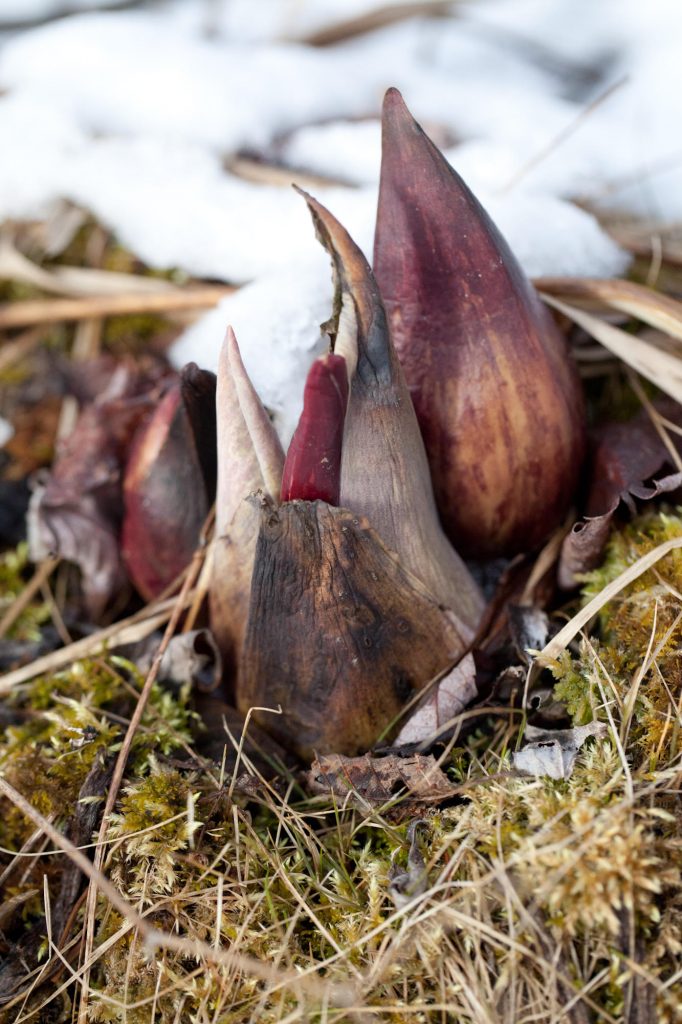
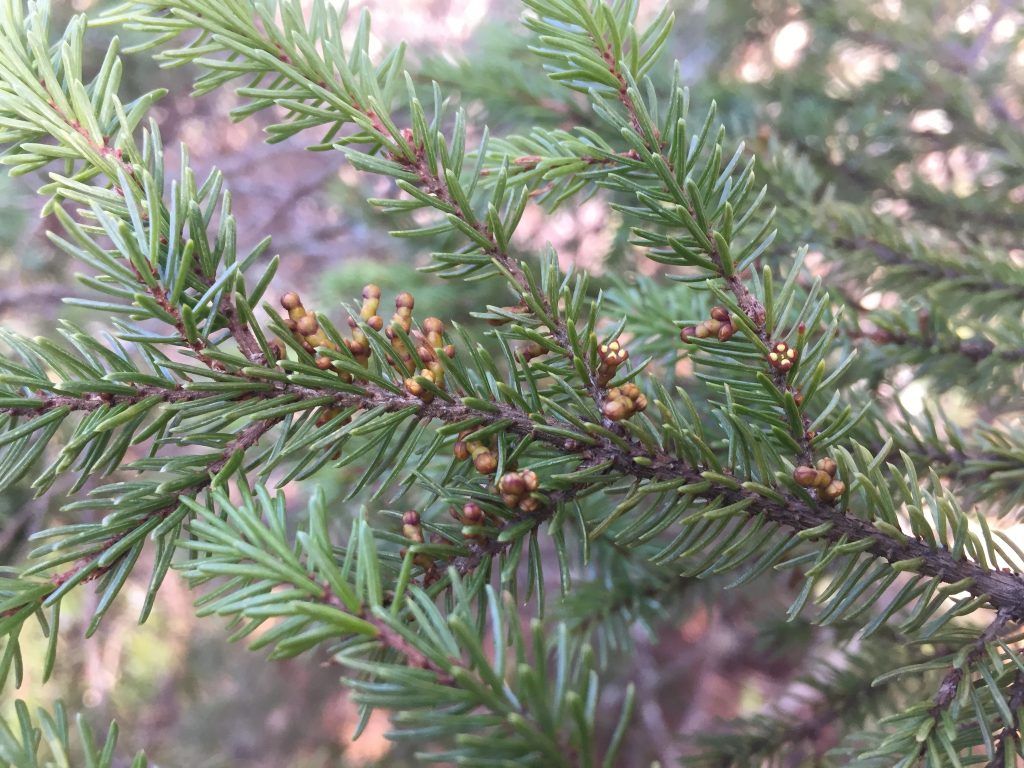
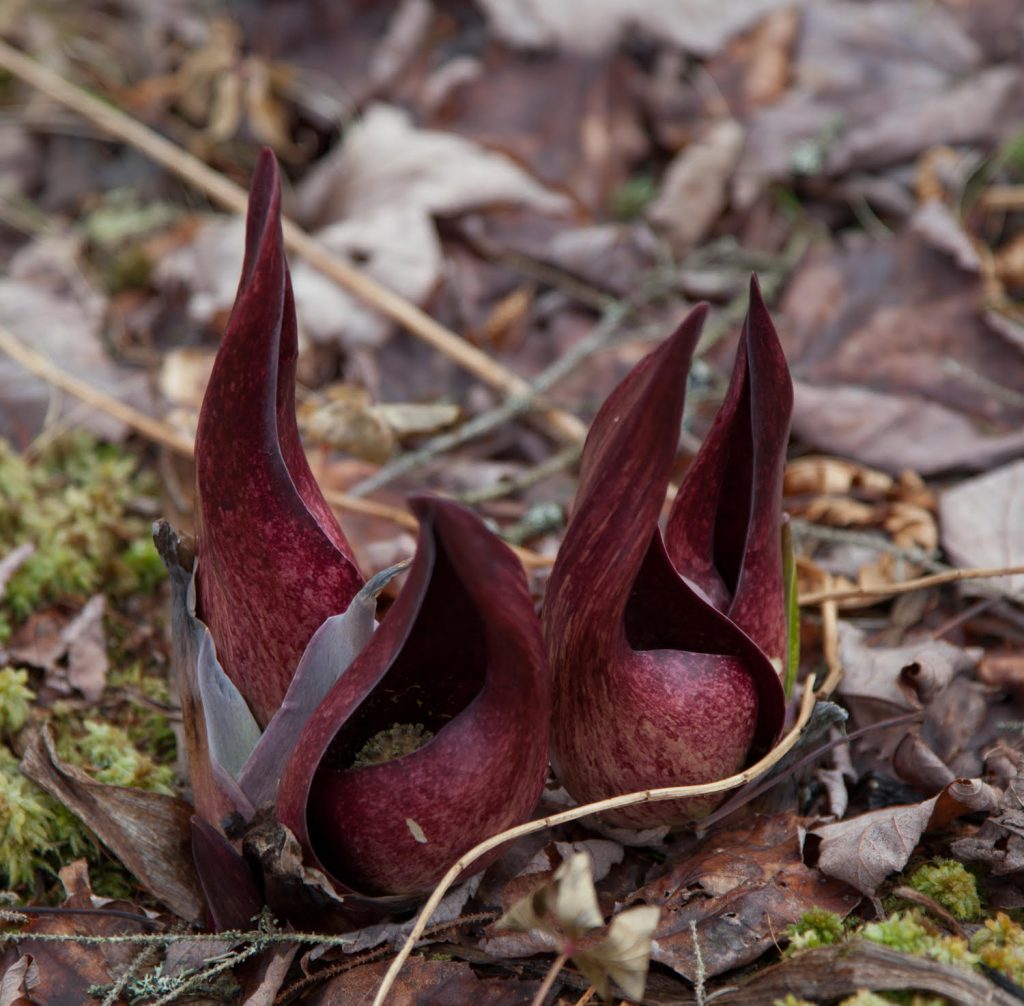
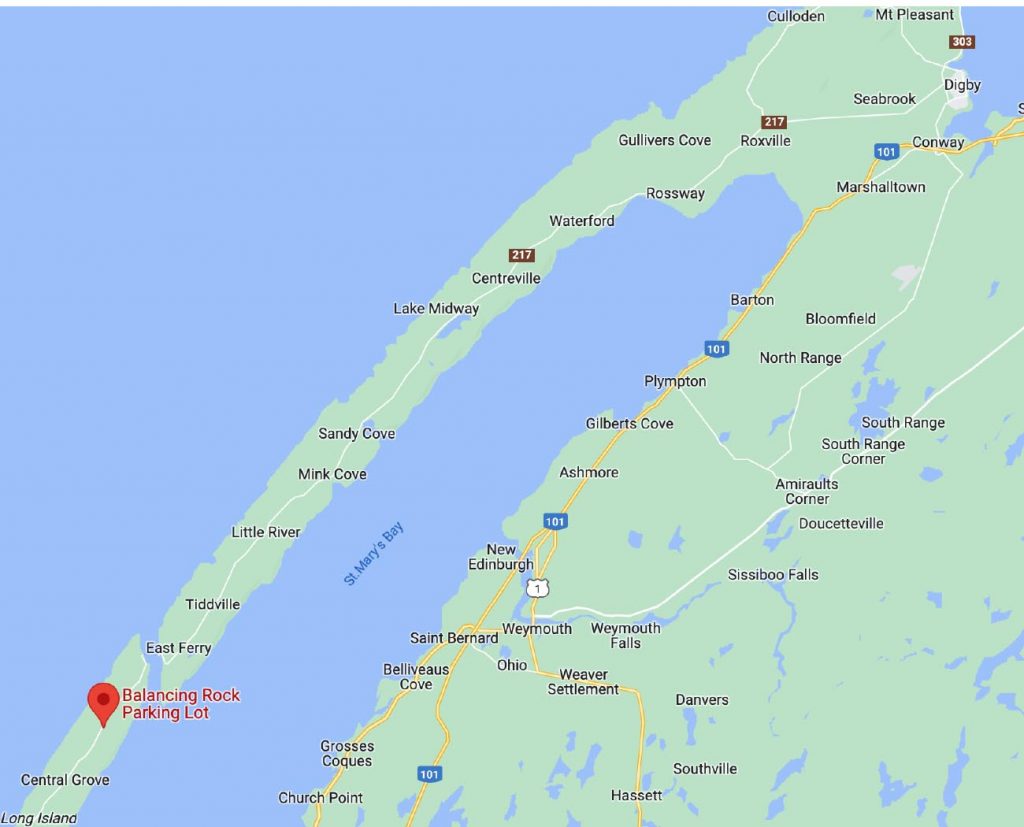
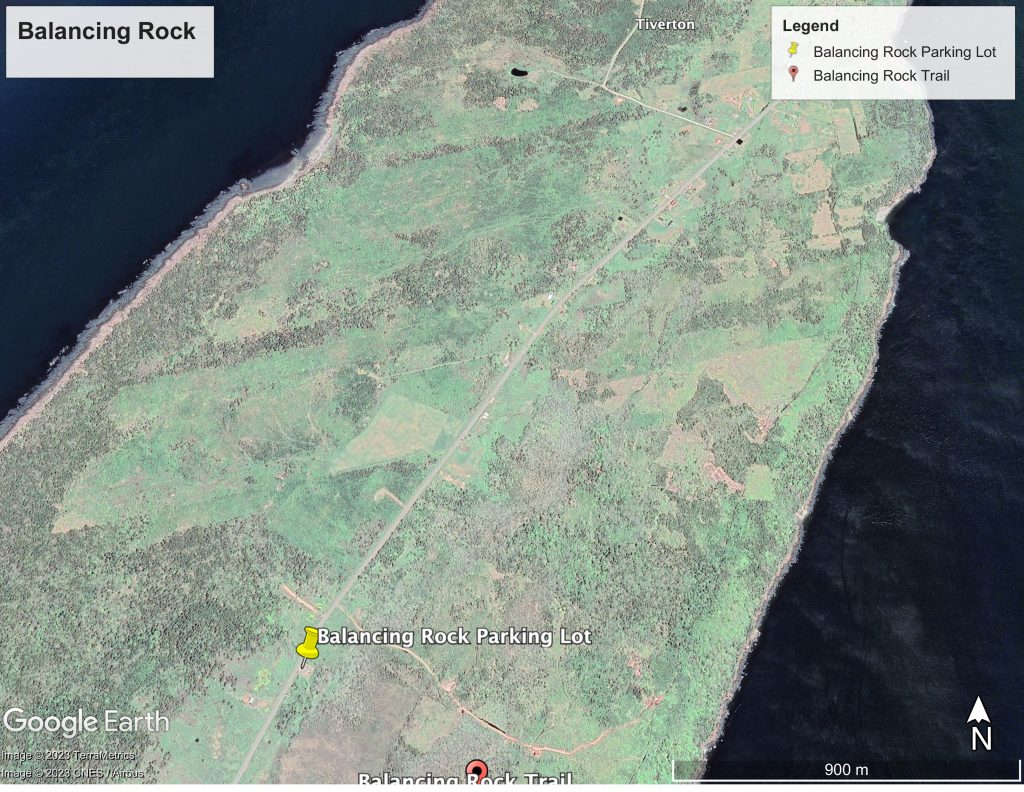

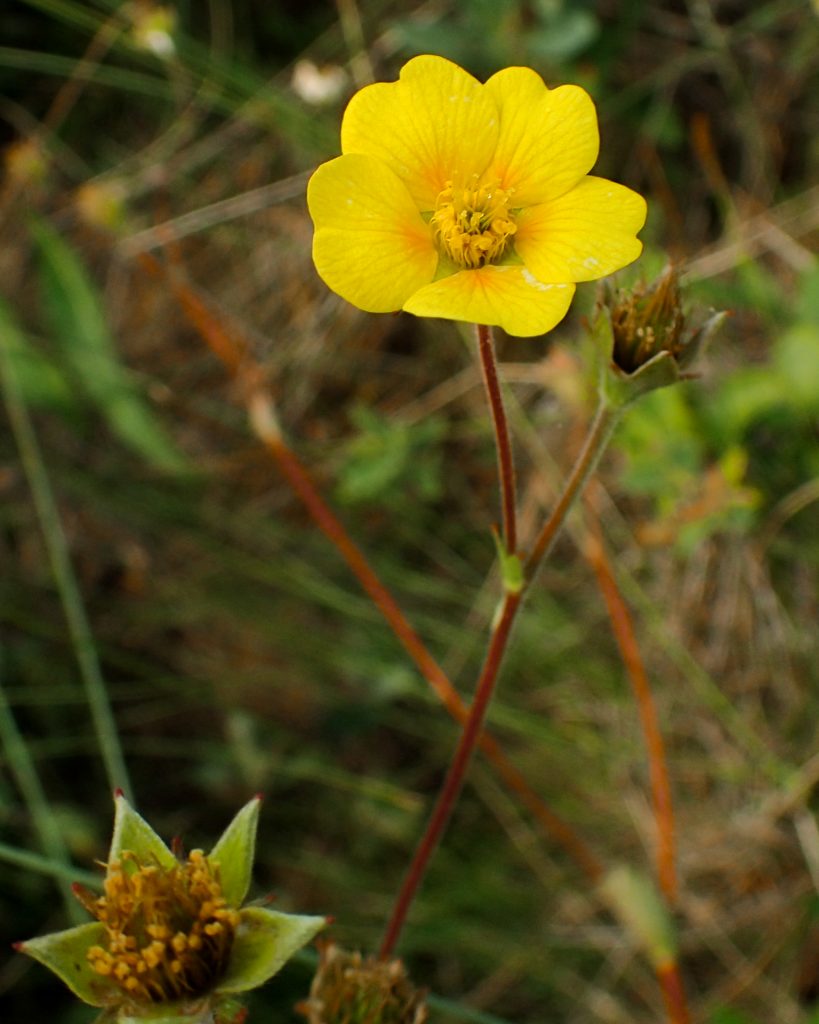

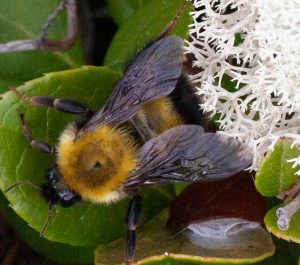 Our next member’s meeting will be via Zoom at 7:00pm on Nov 28. Invitations will be emailed to members closer to the date.
Our next member’s meeting will be via Zoom at 7:00pm on Nov 28. Invitations will be emailed to members closer to the date. How many plants are still in flower after 01 November in Nova Scotia? This question, plus the why? and are there more plants flowering recently? have fascinated David McCorquodale. This project collects observations of plants in bloom (petals look alive, potential to be still producing nectar and pollen). To be included indicate under plant phenology that it is flowering. Many plants will be simultaneously flowering and fruiting, You can check both.
How many plants are still in flower after 01 November in Nova Scotia? This question, plus the why? and are there more plants flowering recently? have fascinated David McCorquodale. This project collects observations of plants in bloom (petals look alive, potential to be still producing nectar and pollen). To be included indicate under plant phenology that it is flowering. Many plants will be simultaneously flowering and fruiting, You can check both.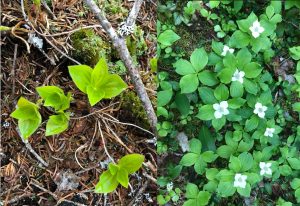
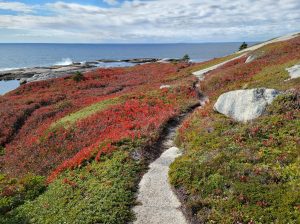

 The Last Hope camp was a protest camp established on a logging road in Annapolis County on 2nd December, 2021. The goal was to protect a 24ha forest. By the time we finally packed up and went home on 22 June, 2022, enough occurrences of Species At Risk lichens had been documented to put 60% of the forest off limits for cutting and make the remainder hard to access and uneconomical to cut. Nina will focus in particular on the crucial role that naturalists, notably lichenologists, played in protecting the forest.
The Last Hope camp was a protest camp established on a logging road in Annapolis County on 2nd December, 2021. The goal was to protect a 24ha forest. By the time we finally packed up and went home on 22 June, 2022, enough occurrences of Species At Risk lichens had been documented to put 60% of the forest off limits for cutting and make the remainder hard to access and uneconomical to cut. Nina will focus in particular on the crucial role that naturalists, notably lichenologists, played in protecting the forest.